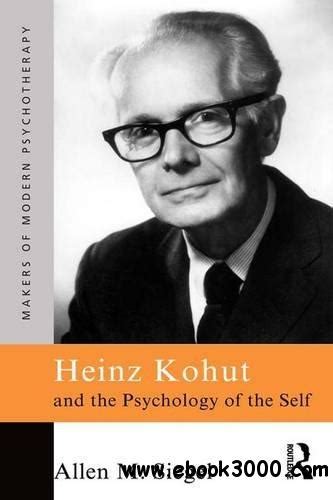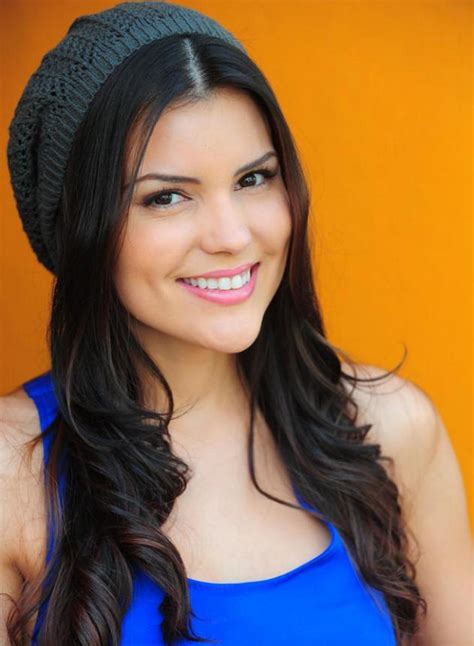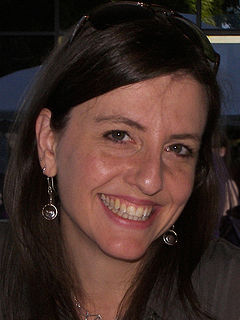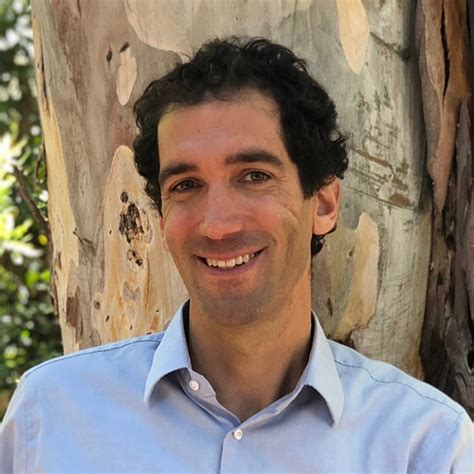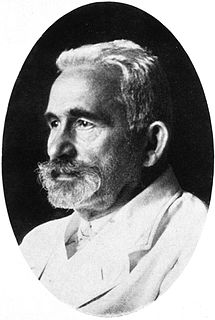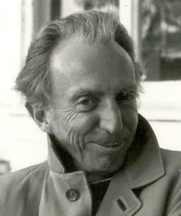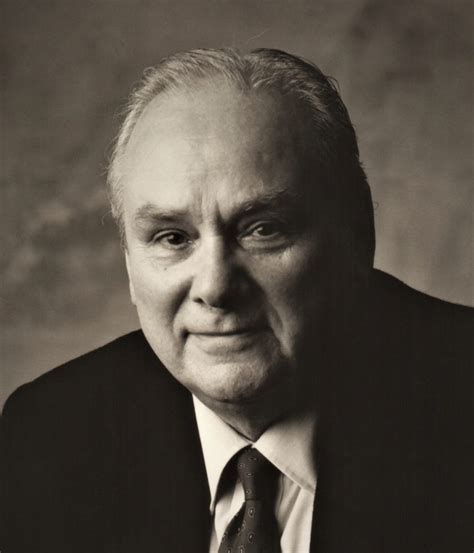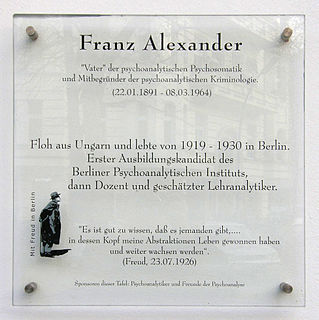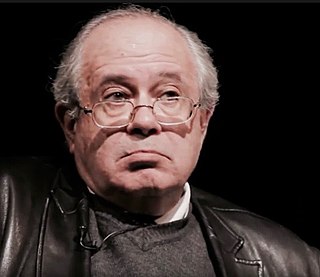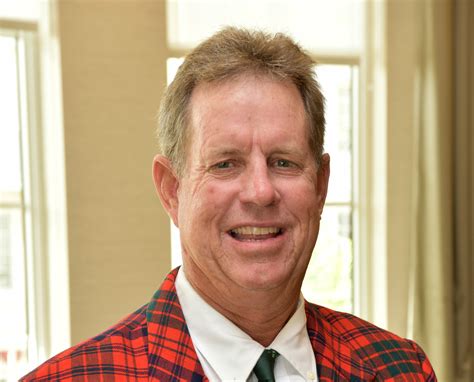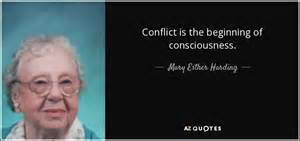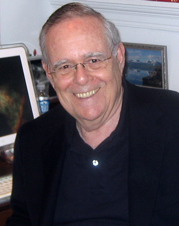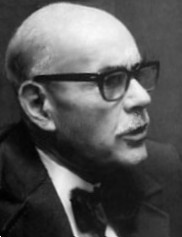A Quote by Heinz Kohut
If there is one lesson that I have learned during my life as an analyst, it is the lesson that what my patients tell me is likely to be true - that many times when I believed that I was right and my patients were wrong, it turned out, though often only after a prolonged search, that my rightness was superficial whereas their rightness was profound.
Related Quotes
A study of over 10,000 patients shows clearly that chemo's supposedly strong track record with Hodgkin's disease (lymphoma) is actually a lie. Patients who underwent chemo were 14 times more likely to develop leukemia and 6 times more likely to develop cancers of the bones, joints, and soft tissues than those patients who did not undergo chemotherapy .
I am a spiritual person. I'm a Catholic. I treat my patients, the dead patients, as live patients. I believe there is life after death. And I talk to my patients. I talk to them, not loudly but quietly in my heart when I look at them. Before I do an autopsy, I must have a visual contact with the face.
Operating-room errors hold a special terror for patients, if only because they seem like the most avoidable kind of complications. The occasional horror stories of patients who have the wrong leg removed or the wrong knee replaced generate the most headlines, as do tales of patients whose identities are mixed up entirely.
But being able to talk to so many patients from so many walks of life gives a tremendous window into people's lives. This is not to say I want to write about individual patients, but I think that after listening to the concerns of people who are so different from me, I can more realistically portray characters who are so different from me.
Concealed in every new situation we face is a spiritual lesson to be learned and a spiritual blessing for us if we learn that lesson. It is good to be tested. We grow and learn through passing tests. I look upon all my tests as good experiences. Before I was tested, I believed I would act in a loving or non-fearing way. After I was tested, I knew! Every test turned out to be an uplifting experience. And it is not important that the outcome be according to our wishes.
I believe I am looking for rightness. My work has so much to do with reality that I wanted to have a corresponding rightness. That excludes painting in imitation. In nature everything is always right: the structure is right, the proportions are good, the colours fit the forms. If you imitate that in painting, it becomes false.
This is the greatest lesson a child can learn. It is the greatest lesson anyone can learn. It has been the greatest lesson I have learned: if you persevere, stick w/it, work @ it, you have a real opportunity to achieve something. Sure, there will be storms along the way. And you might not reach your goal right away. But if you do your best and keep a true compass, you'll get there.
I learned to live many years ago. Something really, really bad happened to me, something that changed my life in ways that, if I had my druthers, it would never have been changed at all. What I learned from it is that today seems to be the hardest lesson of all. I learned to love the journey, not the destination. I learned that it is not a dress rehearsal, and that today is the only guarantee you get. I learned to look at all the good in the world and to try to give some of it back because I believed in it completely and utterly.
The patients often try to starve themselves, to hang themselves, to cut their arteries; they beg that they may be burned, buried alive, driven out into the woods and there allowed to die. One of my patients struck his neck so often on the edge of a chisel fixed on the ground that all the soft parts were cut through to the vertebrae.
